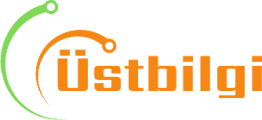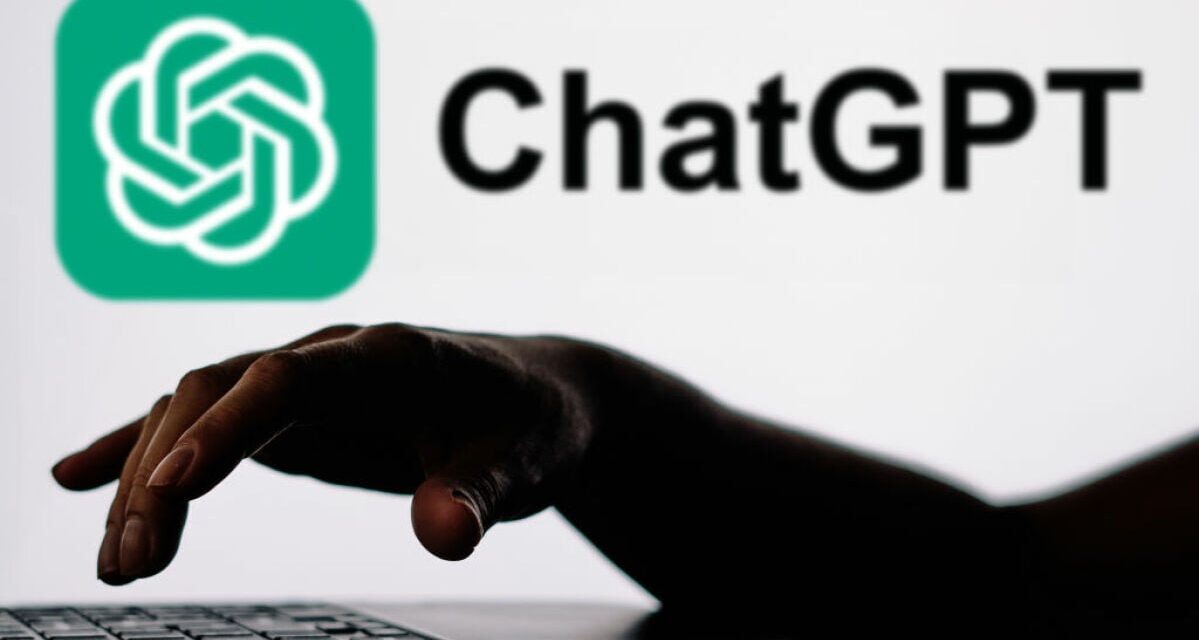ChatGPT no longer requires creating an account, although there are a few stipulations.
On Monday, OpenAI announced users can hop on ChatGPT without signing up. Previously, users were required to make a free account, but now, you can start using ChatGPT right away simply by navigating to the site.
Per OpenAI’s announcement, “It’s core to our mission to make tools like ChatGPT broadly available so that people can experience the benefits of AI.” Lowering the barrier to entry for ChatGPT will definitely do that, but using ChatGPT without an account comes with a few restrictions. You won’t be able to save or review your chat history or share responses. Plus, without an account, you can’t use custom instructions and voice conversations.
However, you can still prevent your conversations from being used to train the model. Users without an account can do this by turning off an option in their Settings menu — which for those who aren’t logged in is a tiny button in the bottom right corner that looks like a question mark. A toggle with an option that reads “Improve the model for everyone” will be on by default, meaning OpenAI is using your activity to train its model. If you’re using ChatGPT for work, you should probably switch it off.
Losing out on all that free data from users who don’t know about turning off chat history, or willingly allow it, is a curious decision on OpenAI’s part. But since its GPT models have already scraped the entire internet for its training data, maybe it doesn’t need any more. As the advancement of rival models like Google’s Gemini, Anthropic’s Claude, and even Microsoft’s Copilot, which uses OpenAI’s GPT-4 model, ratchets up the competition, it seems like a play for locking in mass adoption. This is especially evident as Google’s SGE (AI-powered search results) looms in its testing phase, poised to upend traditional search.
But with mass adoption comes great responsibility, which is why the ChatGPT version without an account özgü additional safeguards in place. OpenAI says the AI chatbot will block “prompts and generations in a wider range of categories.” In a statement to TechCrunch, OpenAI says, “We considered the potential ways in which a logged out service could be used in inappropriate ways,” and also how they can “detect and stop misuse of the signed out experience,” but exactly how the ChatGPT maker plans to pinpoint misuse by users who are not logged in is unclear.
Now that ChatGPT is more accessible than ever, we’re sure to find out whether OpenAI’s safeguards are enough.





